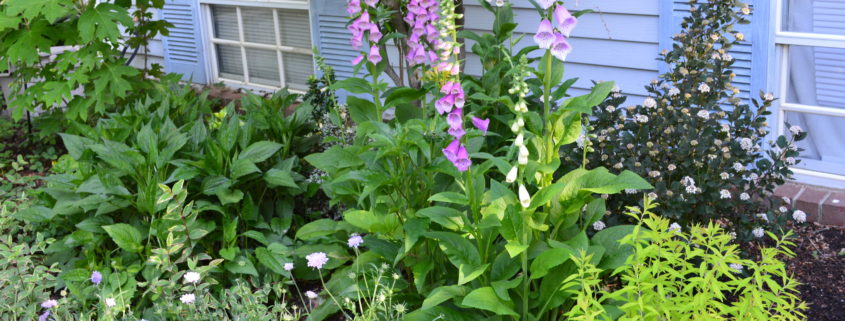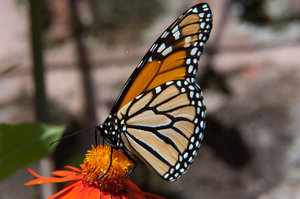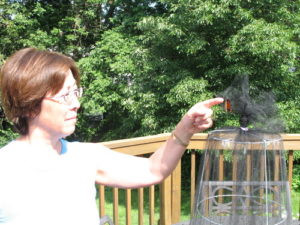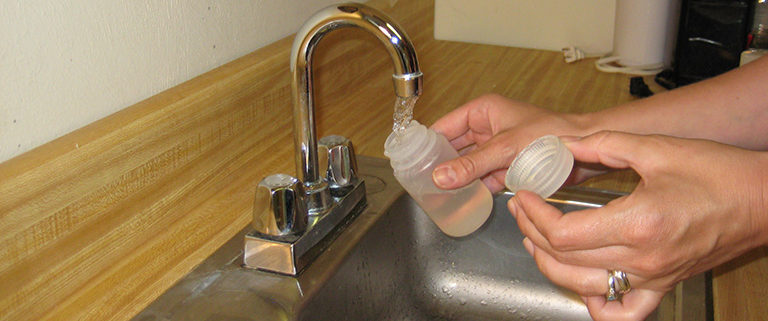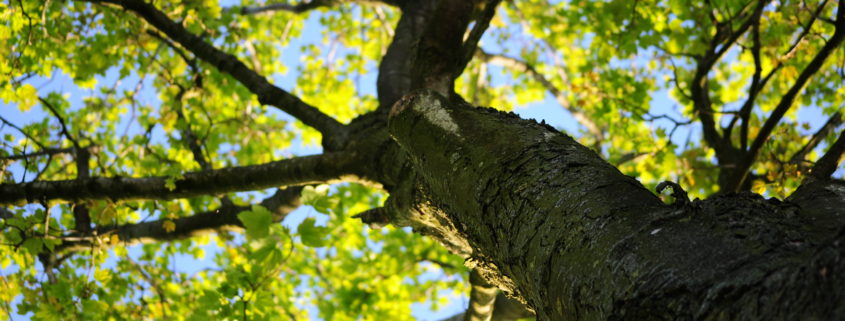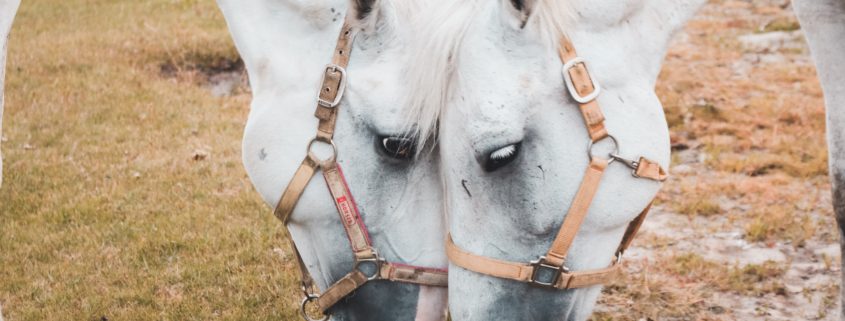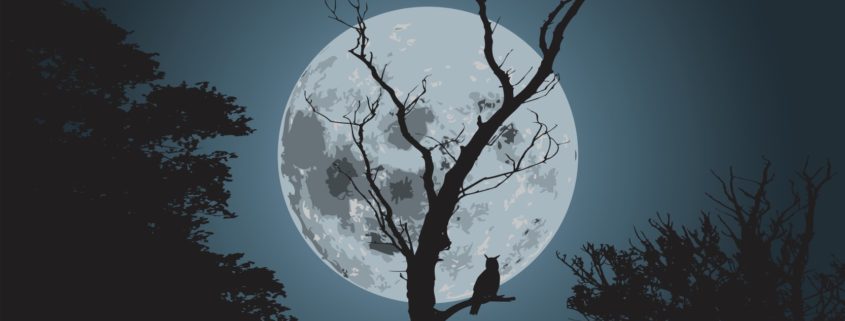The Innovation Toolkit, ’cause you want to make stuff better, right?
A multi-disciplinary team of engineers from the MITRE corporation curated the MITRE Innovation Toolkit to help the community of innovative thinkers jumpstart the innovation process.
These tools help people understand how, when, and why to innovate, provide best practices and guidance, and jump-start the problem-solving process. They have organized the catalog of tools according to a team’s objective, team size, and style.
Do you ever have to? want to? facilitate problem solving sessions in your work or community of naturalists?
Try Rose-Bud-Thorn to conduct an analysis by visually categorizing positive (rose), potential (bud), or negative (thorn) aspects of a topic (e.g., system, product, process).
Try Lotus Blossom to focus the power of brainstorming using a structured, visual representation of ideas—pushing you to fill out every box with new ideas.
Try Trimming to visually document a someone’s experience through actions, pain points, wins, and opportunities in a process.
There are more tools on the site, and all of the materials are free to download.





